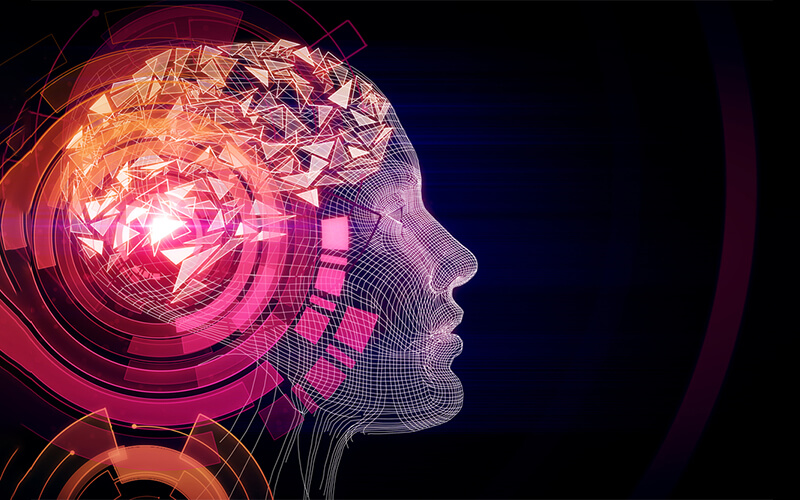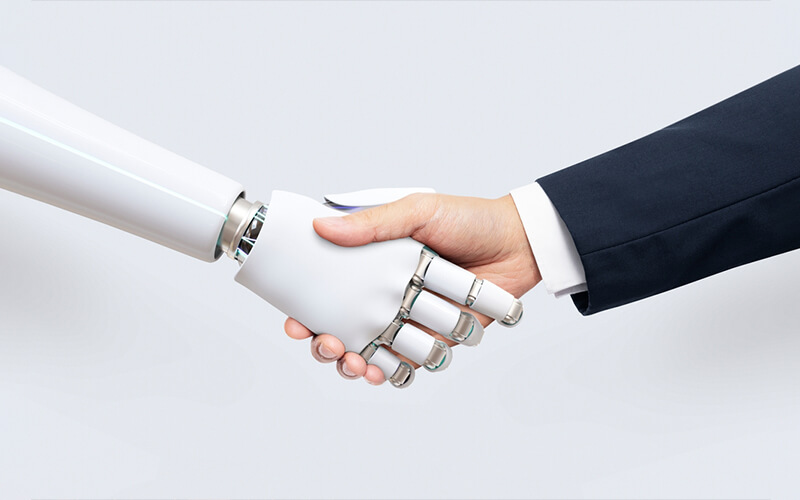Machine learning is no longer a mysterious term relegated to the world of science fiction or the hallowed halls of research institutions. Today, it’s a living, breathing part of our world that’s transforming how we live, work, and play. In essence, machine learning is a subset of artificial intelligence that uses statistical models to allow computers to improve performance on tasks over time, without being explicitly programmed to do so.
To truly understand machine learning, we must first understand the types of learning that machines can be programmed to do. The most common forms include supervised learning, where machines are trained on a set of inputs and desired outputs; and unsupervised learning, where machines analyze input data to find patterns or structures without guidance.
Perhaps the easiest way to grasp the concept of machine learning is to consider its applications in our everyday lives. When Netflix suggests a show you might like, or when your email filters out spam, that’s machine learning in action. It’s analyzing data — your viewing history or email contents — and making predictions, suggestions, or decisions based on patterns it has recognized.
Machine learning is also a powerful tool for businesses. It can help companies analyze vast amounts of data in real-time, providing insights that drive decision-making, improve operational efficiency, and personalize customer experiences. In this sense, machine learning can be a catalyst for business growth and transformation.
While the possibilities of machine learning are exciting, it’s also important to consider the ethical implications. As machines make more decisions for us, issues around privacy, bias, and transparency arise. Machine learning models can inadvertently perpetuate harmful biases if the data they are trained on is biased. Therefore, it’s essential to approach machine learning with an understanding of these potential pitfalls and a commitment to using this technology responsibly.
In conclusion, machine learning is an incredible technological advancement that holds promise for both our personal lives and the world of business. However, like any tool, it must be used responsibly and ethically. As we continue to explore and unlock its potential, we need to ensure we’re using it to create a more efficient, equitable, and inclusive world.



